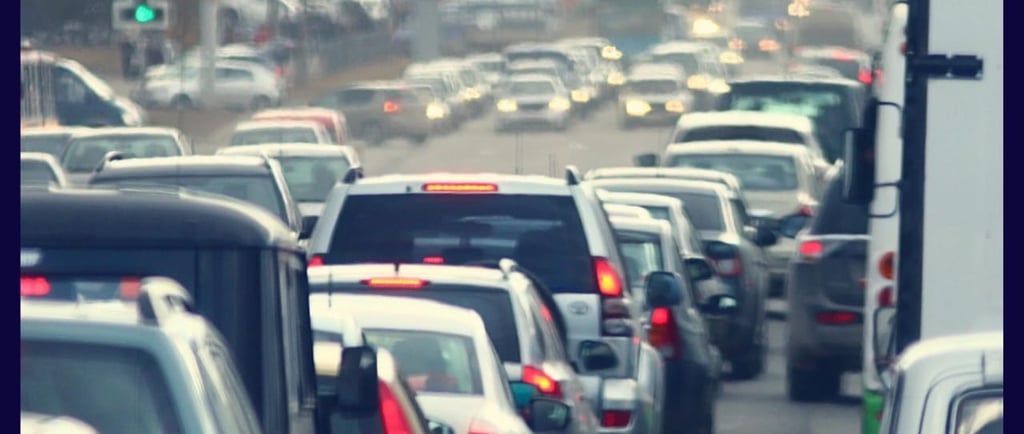MP High Court Seeks Centre, State Response on Traffic and Noise Pollution PIL
the Madhya Pradesh High Court on October 23 asked the Centre and State for their response to a public interest petition about noise pollution and traffic congestion, particularly in the city. The petition claims that noise levels across the state are exceeding legal limits and that traffic congestion in major cities is causing numerous daily accidents.
10/26/20242 min read


In the case of Dr. Govind Prasad Mishra And Others Vs Union Of India And Others, the Jabalpur bench of the Madhya Pradesh High Court on October 23 asked the Centre and State for their response to a public interest petition about noise pollution and traffic congestion, particularly in the city. The petition claims that noise levels across the state are exceeding legal limits and that traffic congestion in major cities is causing numerous daily accidents.
It was noted that the Union Government's rules allow a maximum noise level of 75 dB during the day, with lower limits of 40 dB in silent zones and 45 dB in residential areas at night. The Indian Medical Association warned that noise above 80 dB is dangerous for hearing health.
Website content
In the case of Dr. Govind Prasad Mishra And Others Vs Union Of India And Others, the Jabalpur bench of the Madhya Pradesh High Court, on October 23, asked the Centre and the State to respond to a public interest petition concerning noise pollution and traffic congestion, especially in Jabalpur. A division bench of Justices Sanjiv Sachdeva and Vinay Saraf gave the Union of India, the Madhya Pradesh government, and the MP Pollution Control Board four weeks to file their replies.
The petition claims that noise pollution across the state is exceeding legal limits, and traffic congestion in major cities, including Jabalpur, is leading to frequent accidents. Advocate Aditya Sanghi, representing the petitioners, argued that the state's best road, the model road connecting Shastri bridge to Jabalpur, has been completely blocked by shopkeepers and taxi owners, turning it into a parking area instead of a proper road.
The plea also highlights that DJs, playing at 100 dB, contribute to noise pollution and lead to health issues like hypertension and heart attacks, especially among senior citizens. The highest allowed noise level under government rules is 75 dB during the day, with 40 dB for silent zones and 45 dB in residential areas at night. The Indian Medical Association warns that noise levels above 80 dB can damage hearing.
Additionally, the petitioners pointed out that a community hall in front of their house has been turned into a marriage hall, being used for at least 10 months a year, and causing extreme noise pollution. They claimed that many places in Jabalpur face similar problems, making it hard for residents to live comfortably, as guaranteed under Article 21 of the Indian Constitution. The petitioners are seeking urgent action to address noise pollution and traffic issues in the city.
